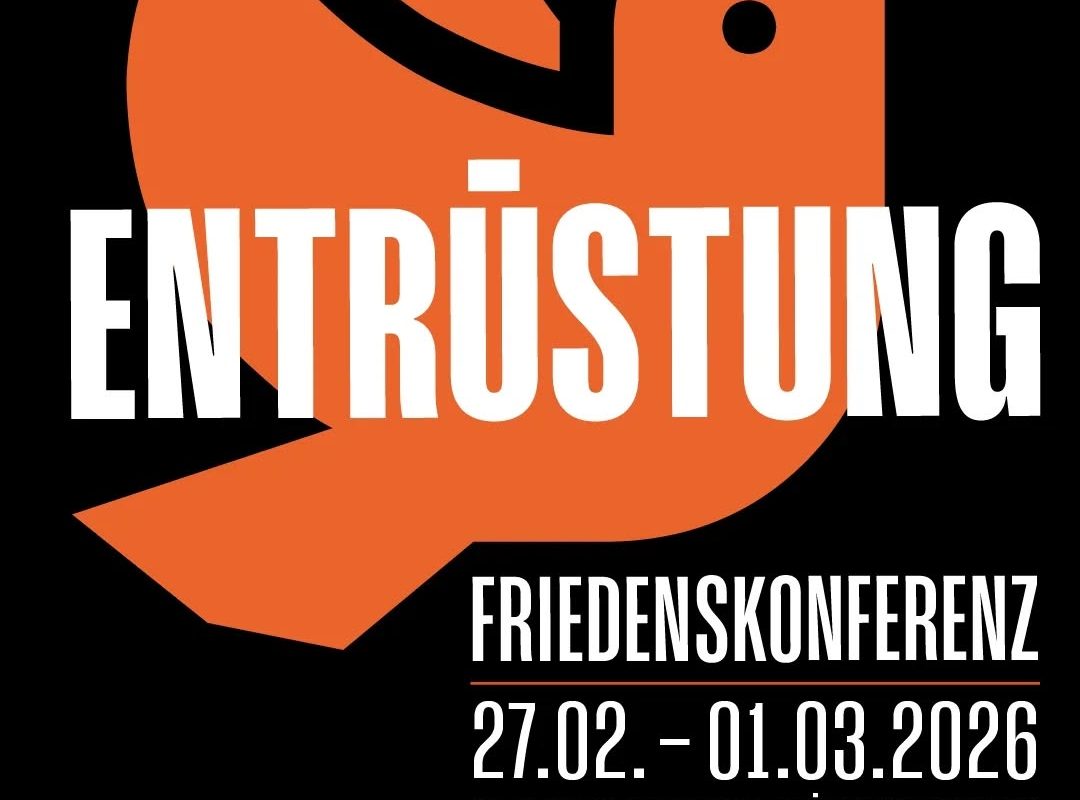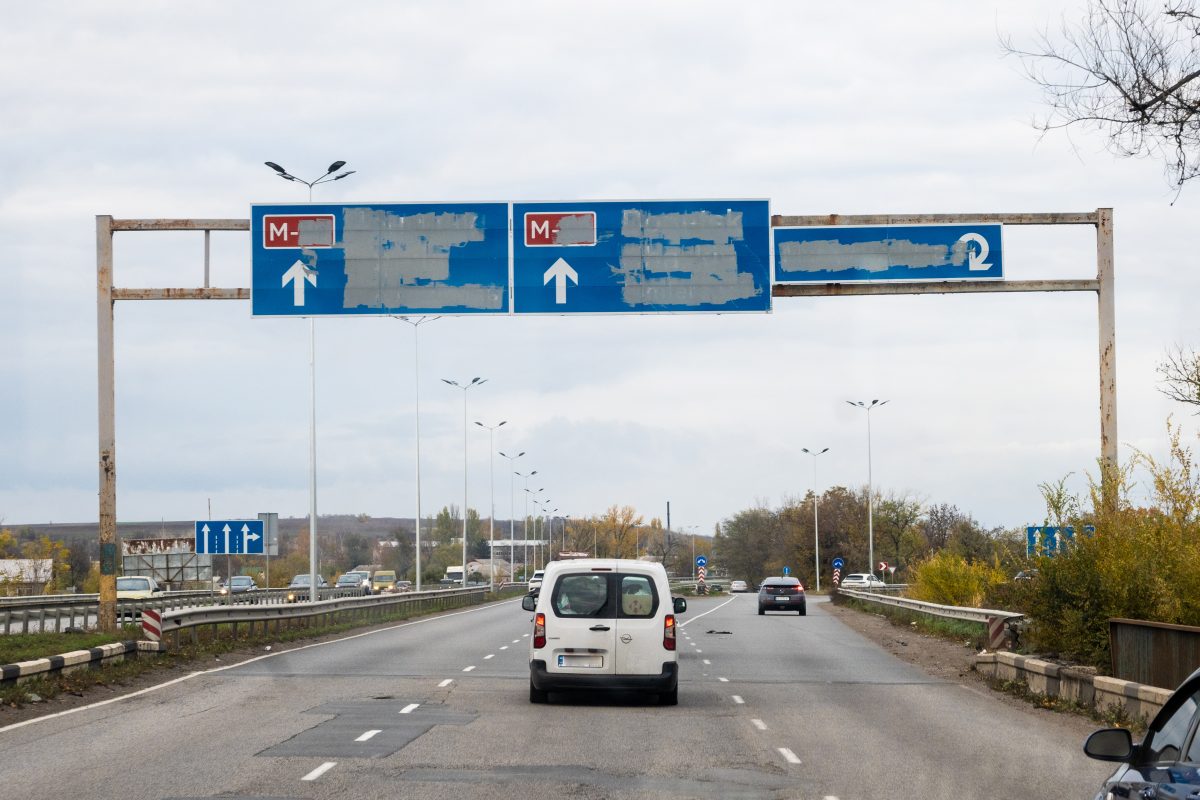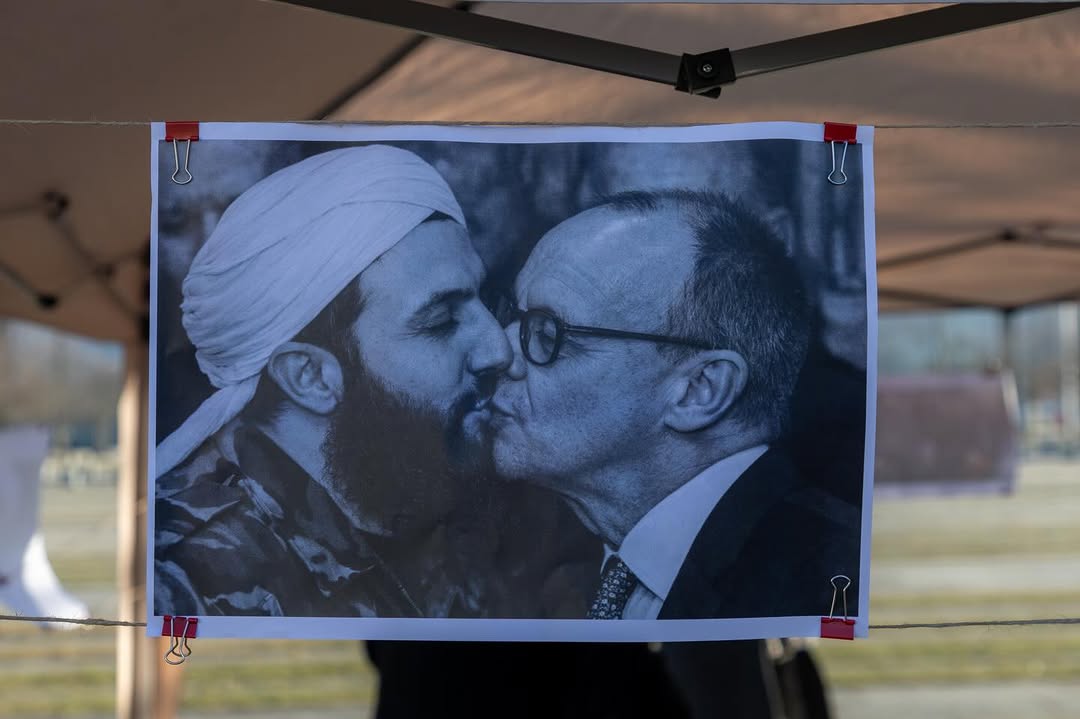The Day After
I still vividly remember 2nd May 1997 [1]. May 1 is a public holiday in Germany, and as it fell on a Thursday, most people at work had taken Friday off as a Brückentag (bridging day). I’d been up late trying to follow the UK election results on CNN and the BBC world service and was too tired and hungover to do much work.
So, I spent the morning using the still-rudimentary Internet. It was particularly satisfying reading about the fall of Michael Portillo. Just after three am British time, it was been announced that Portillo, one of the smuggest and most hated Tory ministers, had been beaten by his openly gay challenger, Labour’s Steven Twigg. The best selling book written about the 1997 election night was titled “Were you still up for Portillo?” But this night was about much more than individual hubris. It saw the end of 18 years of Tory rule, and millions drew a sigh of relief.
Thatcher’s children
I was one of Thatcher’s children. In 1997 I was already in my 30s but had lived my entire politically sentient life under a Conservative government. I had just turned 13 when Margaret Thatcher won the election in 1979, and I looked on impotently as unemployment rose, Britain fought a pointless war in the South Atlantic and Thatcher privatised pretty much all State owned industry.
In 1984 she took on Britain’s most powerful trade union, the National Union of Miners, and won. After that she seemed unstoppable. Victory against the miners encouraged Thatcher to bring in a swathe of anti trade union legislations which made striking and showing solidarity with other trade unions much more difficult. Despite some noble rearguard actions, most notably by the print unions, many of the trade unions were effectively neutered.
In 1987, the first general election in which I was eligible to vote, Thatcher won a third term of office. On a bridge in Coventry, where I was living at the time, some graffiti soon appeared: “Third Term, Third Reich”. See, calling everyone you disagree with Nazis is not so new, kids.
Thatcher was eventually forced to resign, largely on the back of a full scale riot in Trafalgar Square against her Poll Tax. By now she was so widely hated that on the day she was kicked out, our bosses allowed us to bring radios into work. We hoped – wrongly as it turned out – that this was the end of an era. But her successor, John Major, carried on her politics. He may have been less confrontational than Thatcher, a little greyer, but the attacks on the people at the bottom of society continued.
Still, Major was expected to be a short-term stopgap, and we invested a lot of hope in the 1992 election, less than 18 months after Thatcher’s fall. I watched the election results come out at a friend’s house, in a council estate in Bradford, the city where I’d grown up fearing permanent unemployment.
It has been said with a great deal of justification, that Neil Kinnock’s Labour Party lost the 1992 election because of arrogant overconfidence. This may well be true, but we were all sure that this time Labour would win. This made John Major’s eventual success even more devastating. As the scale of the Tory victory became clear, we peeled off one by one to return to our lonely homes.
1997. Having the “difficult argument”
So, yes, Tony Blair’s victory in 1997 meant a lot to me. The nation was delighted, and I was as excited as anyone else. Blair’s campaign song was “Things can only get better” by D:REAM. Originally a #1 single in 1994, it re-entered the UK top twenty the week of the election and seemed to represent a general mood of untrammelled optimism.
So, I fully understand the similar euphoria on 20th January this year, when the Orange Monster was finally turfed out of the White House. This was also a time for celebration. Instead of D:REAM (and later the Spice Girls and Oasis), this time the soundtrack was provided by Lady Gaga and Jennifer Lopez – politics and popular culture once more coming together.
In 1997, I didn’t want to be friends with anyone who didn’t cheer the Tory defeat. In 2020-1, I was as eager as anyone to dance upon Trump’s electoral grave. And yet, as the euphoria at Trump’s demise slowly turned into uncritical expectations of great reforms from the coming Biden-Harris government, I started to have horrible feelings of déjà vu.
After the Blair victory in 1997, I started contacting friends in the UK about it, and some difficult discussions ensued. The start of the discussion was easy enough – wasn’t it great that the Tories had finally gone? Could we really believe it? How were we going to celebrate? But then we came to the challenging part.
Who was Tony Blair?
While we knew who we were dealing with when it came to his predecessor, Tony Blair was still a relative unknown. Neil Kinnock had wrested defeat from the jaws of victory in 1992. When Thatcher had attacked the miners, Kinnock had held her coat. And wherever there was a discussion about progressive issue, Kinnock was almost always on the wrong side.
During the media witch hunt against the gay Labour election candidate Peter Tatchell, Kinnock’s response was to say “I can tell a bloody witch from a fairy!” When the gay and lesbian people were under attack during the AIDS epidemic, Kinnock’s press secretary Patricia Hewitt wrote a notorious letter, saying that “The ‘Loony Labour Left’ is now taking its toll; the gays and lesbians issue is costing us dear amongst the pensioners.”
Blair had been selected as Labour leader because Kinnock – as well as his successor, the bland John Smith – were considered too left wing. Most of my friends knew this. Many of them said, well sure, but Blair was necessary if we were to get rid of the Tories. Some even thought that it was a show – now that he’d won the election, Blair would say that it was all a trick and deliver serious socialist politics. Virtually no-one thought that we may have to fight Blair as well.
Hindsight is a wonderful thing and we now all know what happened next. The privatisation of British Rail was not reversed. Indeed, PFI (Private Finance Initiative) was introduced as a way of privatising hospitals and other public utilities at the taxpayers’ expense. Schools were turned into education factories with tests for children as young as seven. Tuition fees were introduced at universities. And of course, Blair was an ardent supporter of George Bush’s disastrous wars.
In 2005, we had a new best seller. John Harris, a music journalist who has spent recent years attacking Jeremy Corbyn, brought out a book “So now who do we vote for?” Around that time, my mother – a lifelong Labour supporter who had joined the party as soon as she was able to – asked me a similar question. If we want to understand the excitement about Jeremy Corbyn, a large reason is the sense of betrayal that so many Labour voters felt about Blair.
Lessons for today
The departure of Trump was definitely something to celebrate. I was one of the few people who got together to mobilise a crowd of 2,000 people in Berlin on the day of Trump’s inauguration. For the last four years, I have been fighting against everything that he stands for, and against the far right groups this side of the Atlantic who were emboldened by his time in office.
And yet, on the day of Joe Biden’s inauguration, I made the following post on Facebook:
Fully appreciate the outburst of relief at the departure of the Orange One and his fascist friends
But please remember. We now have a warmongering racist sex pest and a cop in the White House. They are not our friends
This was not a universally popular post. Many people who maybe should know better are investing a lot of expectations in Biden-Harris. And there do indeed seem to be some real gains – from signing on to the Paris Treaty and the World Health Organisation to the removal of a bust of Churchill from the Oval office. Even Biden’s acknowledgement that Covid-19 is a problem is a big step forward from what came before.
But the problem with Tony Blair was not that he never made any reforms. In 1999 for instance, a national minimum wage was introduced, which benefitted millions of low-paid workers despite being set at a derisory level. The 2004 Civil Partnership Act was a palpable gain for gay people. The introduction of Educational Maintenance Allowance in 2004 was some help to working class people wanting to study. And in 2007 troops were finally withdrawn from the North of Ireland.
And yet none of this did anything to stop the rapid and inexorable drift to the right. Cosmetic trade union reforms still left Thatcher’s restrictive laws intact. Blair himself wrote in the right-wing Times newspaper that “the changes that we do propose would [still] leave British law the most restrictive on trade unions in the Western world” [2]. Meanwhile Peter Mandelson, Blair’s Director of Communication said that “We are intensely relaxed about people getting filthy rich.”[3]
There is a reasonable argument that Blair was able to make attacks on the poor that Thatcher couldn’t make precisely because he was the leader of the Labour Party. And it was Thatcher herself who best summarised Blair’s government: When she was asked in 2002 what her greatest achievement was, she said “Tony Blair and New Labour. We forced our opponents to change their minds.”
How can we win?
Biden’s inaugural speech did co-opt the language of the social movements which emerged against Trump, starting by saying that “The will of the people has been heard and the will of the people has been heeded”. Biden has promised to repair, restore, heal and build. He has promised racial justice and to “defend the truth and defeat the lies”. He has positioned himself quite adeptly as the anti-Trump.
Biden’s main call is for unity. But unity with whom? With the people who lost out from Trump’s rule or with big business? With the organised fascists who stormed Congress or with Black Lives Matter? Faced with economic crisis and Covid-19, without a radical programme, Biden is almost guaranteed to disappoint. The question is, will this lead to a radicalisation to the right or the left?
We should not forget that the much-hyped Obama-Biden years saw not just the police racism which led to the formation of Black Lives Matter, but also a massive shift of wealth towards the rich. As Matt Breunig and Ryan Cooper reported in Jacobin, between 2007 and 2016, the average wealth of the bottom 99 percent dropped by $4,500. Over the same period, the average wealth of the top one percent rose by $4.9 million.
This does not mean that the next four years will inevitably just be comprised of neoliberal devastation. This depends on the actions of trade unionists, of climate change activists and of mobilisations around groups like Black Lives Matter and #MeToo. Real social movements have been built around Bernie Sanders and against racial injustice. These movements must not concede the streets.
We may also see the rebirth of new movements. Trump’s disinterest in what was going on outside the USA meant that while he continued old wars, he didn’t really start any new ones. Biden is much more hawkish. As Adolph L Reed and Cornel West remind us, “he has supported every military intervention he’s been able to, including, most disastrously voting for the 2002 resolution authorising war against Iraq and ushering the country into the endless war against “terror” we remain immersed in.”
When Biden’s inaugural speech promised to “make America, once again, the leading force for good in the world”, this was just a polite way of threatening to send in the troops. His chosen Defence Secretary General Lloyd Austin, the former head of the U.S. forces in Iraq, is being touted as an anti-racist diplomat. But Austin served as a soldier for 40 years and is very much part of the military machine.
Yet Biden’s push to war can be resisted. One of the most important memories of the Blair years is of the mass demonstrations organised by the Stop the War Coalition and organisations like the Muslim Association of Britain (MAB). There is a space to prepare for similar mobilisations – but only if you get away from the assumption that Biden is somehow on our side.
What happens if we don’t fight?
The alternative is too horrible to contemplate. When a ragbag of fascists and assorted esoteric hangers-on attacked the Capitol, they received the support of 45% of Republican voters. What worries me more is that a major rampage by white supremacists was allowed to take place in Washington with no serious counter-mobilisation from our side. In the dark shadow of mass far right mobilisations in Europe, this should give us pause for thought.
Trump has been able to build a mass racist and fascist base. This is at least in part because many middle-class liberals refuse to believe that the 2008 crisis has caused any real suffering because everyone at their Country Club seems to be doing ok. Any opposition to carrying on as before has been dismissed as the rantings of ignorant yokels. The more the pain of working class people is ignored, the more the serious far right will be able to recruit.
When Bernie Sanders showed that he could articulate the despair and hope for change that was felt by millions of people, the Democrat establishment (including Obama) twice closed ranks and ensured that one of their own was chosen as presidential candidate – first Hillary Clinton, then Joe Biden. This associated the Democrats in many peoples’ eyes with a continuation of the status quo. Next time round, if the far right find a candidate who is less of a buffoon than Trump we should really start to be worried.
My lesson from Tony Blair is that right-wing politicians are only allowed to speak in our name if we concede the field. The main divisions in society are not between Conservative and Labour, Republican and Democrat, but between above and below. We must ensure that our side remains mobilised against the attacks that big business and capital will make, whichever of their representatives are in office.
Footnotes
1 Thanks to Alice Lambert, Carol McGuigan and Mihir Sharma for comments on an earlier version of this article
2 Cited in https://tribunemag.co.uk/2020/06/blairs-trade-union-reform-at-20
3 Cited in https://www.ft.com/content/5f0bf460-e36d-11de-8d36-00144feab49a
an.com/commentisfree/2019/may/01/biden-2020-past-better-candidate




